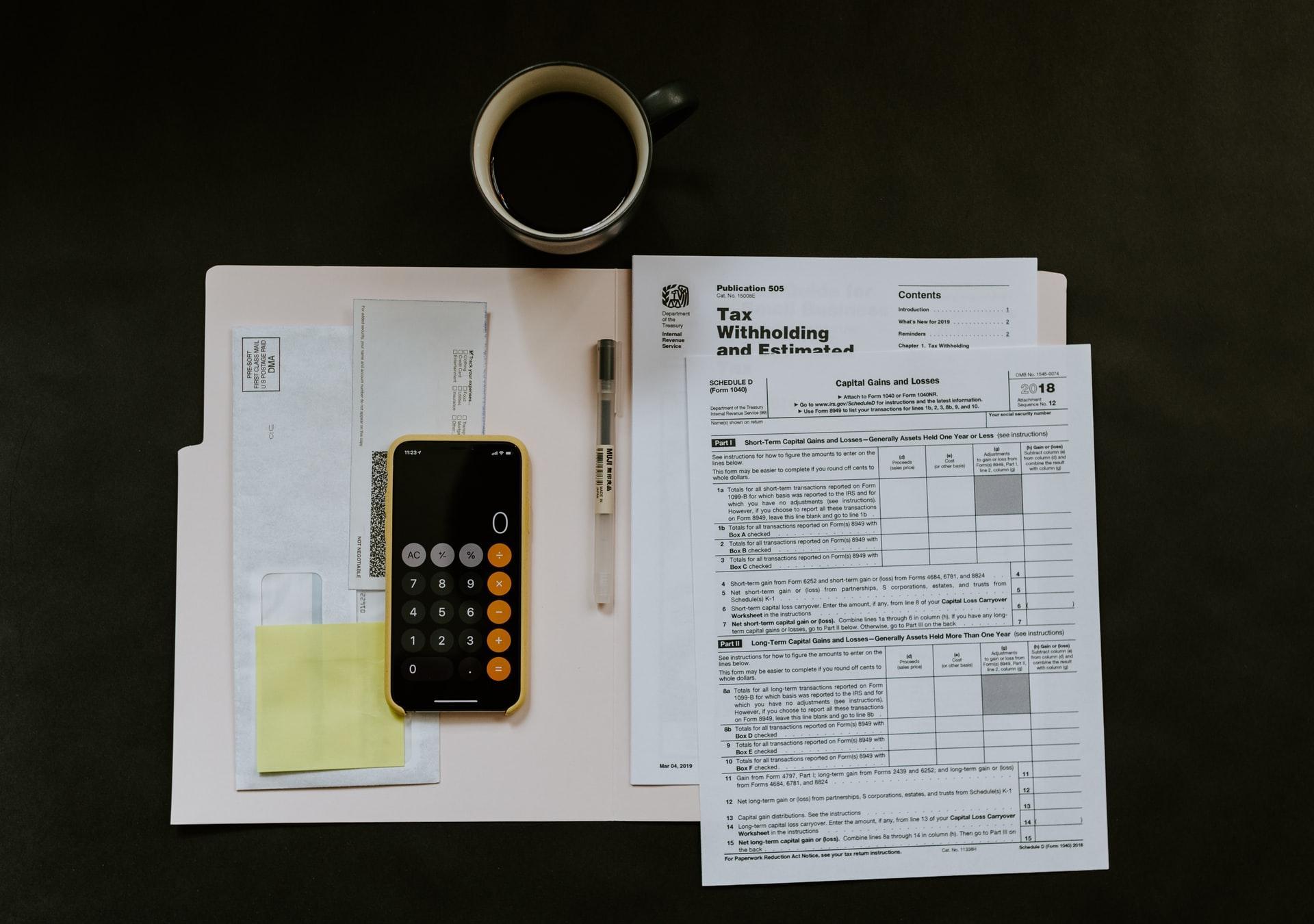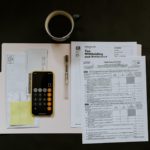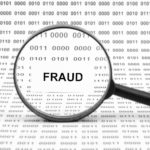Becoming self-employed is a great option for anyone who wants more freedom with how and when they work. Whether you are a sole trader or limited company, there are a lot of great benefits to self-employment but it might not be as simple as you think it is. Whilst self-employment is so appealing because it offers ease and convenience in many aspects, setting up and running your own business also comes with a lot of additional responsibilities and regulations to follow.
Registering with HMRC & paying taxes
If you do set up as a sole trader then you will be responsible for paying your own income tax and national insurance. If you are going self-employed, then you need to register as self-employed for MTD with HMRC – you can do this at any time up until October 5th of your business’s second tax year. For example, if you start operating as a sole trader in January 2023 then you will need to register by the 5th of October 2023 because January is in the 2022/2023 tax year, so October 2023 is in your business’s second tax year. How you register with HMRC is dependent on your particular circumstances.
Do you need to register for VAT?
As of April 2022, if your business has an annual turnover of £85,000 or more then you must register for VAT. However, in many cases, you may decide that registering for VAT would be beneficial even if you are under the threshold. You gain more credibility by having a VAT number and you will be able to claim the VAT back on any goods or services you purchase for your business.
You may also want to consider the flat rate VAT scheme which makes accounting for VAT much easier and simpler. You charge your customers VAT and pay VAT as you would normally do but once it comes to preparing your VAT return you work it out a little differently and your percentage will depend on what your trade is.
Do you need a business bank account?
As a sole trader, you do not necessarily need to open a business account as your business income will be taxed alongside your personal tax but it is important to keep your records separate. So we recommend that you open a separate business account for all your business-related transactions. Do your research into the best account for you and consider the current account fees and transaction fees that they charge.
Financial Records
Being self-employed means you need to keep detailed and up-to-date records of your books. From the very first day of operation, you need to keep an accurate record of all your business transactions – this is not just to make your life easier and more organised, but it also keeps the tax authorities happy and puts you in the best position should you be subject to an audit. It is always a good idea to invest in an online accounting system if you can afford it.















